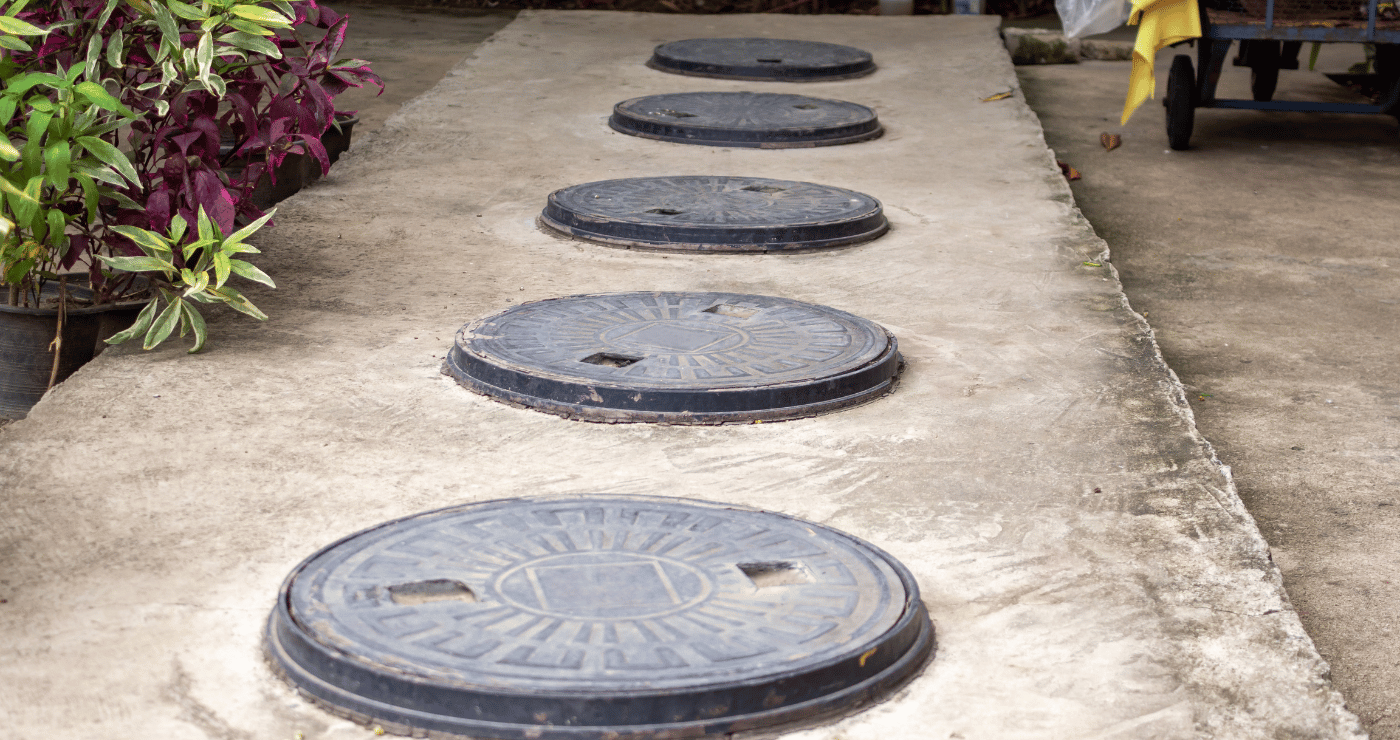
As a business owner, you have a lot on your plate. You have to manage finances, employees, customers, and the list goes on. One aspect of running a business that often gets overlooked is the septic system. It’s not the most glamorous topic, but it’s an essential one. Maintaining your commercial septic system can save you from disasters like sewage backups and costly repairs. In this blog post, we will dive into everything you need to know about commercial septic pumping. We’ll talk about why regular pumping is crucial for the longevity of your system, how often you should get it done, and what factors influence the frequency of pumping. We’ll also cover emergency services and how regular maintenance can save you money in the long run. So let's get started on securing your business's hygiene by taking care of its commercial septic system!
A commercial septic system manages wastewater in commercial buildings, utilizing a septic tank to collect and treat sewage before it enters the drain field. Regular maintenance and pumping are crucial for proper functioning. By separating solid waste from liquid waste, the septic tank prevents sludge buildup. Understanding how your commercial septic system works is vital for effective maintenance.
Regular commercial septic pumping plays a pivotal role in preventing septic issues and maintaining peak performance. By removing accumulated sludge, it prevents septic tank overflow and potential damage to the drain field and surrounding environment. Neglecting regular pumping can lead to costly repairs and even pose health hazards. Therefore, prioritizing regular commercial septic pumping is essential for ensuring the longevity of your septic system.

The frequency of pumping commercial septic systems depends on factors like tank size, water usage, and number of users. On average, pumping every 1-3 years is recommended. Consult a professional septic company for an ideal pumping schedule and regular inspections to assess the need for pumping.
The frequency of septic pumping in commercial properties is influenced by several factors. Firstly, the size of the septic tank plays a role, as larger tanks may require less frequent pumping. Additionally, the number of users on the property can increase the need for more frequent pumping to accommodate higher wastewater volumes. The amount of wastewater generated and the presence of additional waste, such as grease traps, can also impact pumping frequency. Furthermore, groundwater conditions and the efficiency of the drain field are important considerations. Consulting a septic professional is crucial in determining the optimal pumping frequency.
Regular maintenance of septic tanks is essential to minimize the risk of emergencies. In the event of a septic emergency, a quick response from a professional septic company can prevent further damage and health hazards. Commercial establishments, including convenience stores and apartment buildings, greatly benefit from reliable septic pumping services. Emergency septic pumping ensures uninterrupted business operations. Professional septic companies offer efficient and convenient emergency response services. Their expertise in septic tank pumping, plumbing, and inspection services guarantees top-notch customer service. Trusting them for emergency septic services will leave you worry-free and your system working efficiently.
Regular septic tank maintenance is crucial for several reasons. It helps extend the lifespan of the system, preventing costly repairs and premature replacement. Proper maintenance also minimizes the risk of system failure and sewage backups. Additionally, it allows for the identification and resolution of potential issues before they become major problems. Ultimately, regular maintenance ensures a hygienic and safe environment for occupants.
Regular septic pumping can help you save money in several ways. It prevents costly repairs and emergency services. Well-maintained septic systems operate efficiently, reducing water and energy consumption. Regular pumping also eliminates the risk of drain field damage, which can be expensive to fix. Investing in regular septic pumping is a cost-effective approach to managing your system's health and avoiding future expenses.
In case of a septic emergency, it is crucial to contact a professional septic company immediately. Avoid using water and toilets until the issue is resolved. Follow instructions given by the experts to mitigate the problem and ensure the safety of occupants. Stay away from standing wastewater. Professional emergency septic services are equipped to handle urgent situations efficiently.
Regular commercial septic pumping is crucial for the proper functioning and longevity of your septic system. It helps prevent costly repairs and ensures the efficient removal of waste. The frequency of septic pumping depends on various factors such as the size of the tank, the number of users, and the amount of wastewater generated. Regular maintenance not only saves you money in the long run but also reduces the risk of sewage backups and environmental contamination. In case of a septic emergency, it is important to contact a professional septic service immediately to avoid further damage. Take care of your commercial septic system and it will take care of your business.